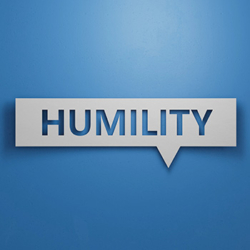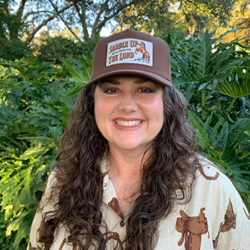I have lots of job titles: Financial Advisor and Branch Manager are two I have at the office. Lizard Catcher, Spider Remover, Dishwasher Emptier and its ilk are those I have at home. “Grammar Police” is a self-assigned job I take on everywhere I go. I’m not particularly proud of it, though. It’s certainly annoying and alienating, but it’s one of those obsessions that I can’t let go. And that final title led me to some exploration.
 Grammar Police and the meaning of words
Grammar Police and the meaning of words
I’ll start my story by saying: I know that telling you about my grammar-correcting proclivities is a dangerous business indeed. It invites you – possibly begs you – to find the error(s) in my missives to you and then beat me (or my editor) about the head and shoulders with them. I readily admit my many failings – I know the difference between “there”, “their” and “they’re” as well as “your” and “you’re” – but when I am writing in a frenzy and a fever, my brain and my fingertips are often in different places. These errors will creep into that outpouring of free association. Case in point: if someone other than me misuses “there,” I will spot the error every time. If I do it, I simply cannot see it upon proof-reading until about a month or so has passed. It’s then that my mortification and embarrassment hits. It’s no light task being me, I tell you.
As I am sure you would guess, this grammar policing was a constant source of irritation to my kids as they navigated the days of youth. You’ll certainly be disappointed – but not surprised, I imagine – that it continues unabated. To my great joy I have discovered my kids are firmly committed to monitoring the verbal output of my grandkids with all the pent-up fury and zeal they’ve built up from decades of receiving the same. Ah, the gifts of parenting that are passed from generation to generation…
Usage makes it correct
In any case, this semi-neurotic need of mine recently led to a discussion of the use and misuse of “them” vs. “those.” The details of this grammatical safari are too nerdy and boring for me to relate to you herein, but let’s just say the rules weren’t so clear. Eventually, this research led me to this statement: “Usage makes it correct.”
As visceral and unpleasant as my first reaction was to that statement, upon reflection it became clear that it was absolutely – and by necessity – true. How else would we all come to agree that a certain collection of letters means a certain thing, after all? I was around in the 1960s when “cool” took on the meaning of “hip,” “fashionable,” or “trendy.” Usage made this an accepted norm and it eventually became commonplace.
Defining wealth and success
So, what about the word “wealth?” It’s a word we use often in the financial advisory world. Can you define it? Merriam-Webster lists this definition: “an abundance of valuable material possessions or resources.” That begs for definitions of “abundance” and “valuable,” doesn’t it?
How about “success”? Do you have a definition for that one? I hope you will remember my quote from my late friend Bob Robinson: “Success is not a permanent condition.” You and I talk a lot (not “alot”) about wealth as being critical to that success.
But defining success is the critical first step… and we often rush past it.
Indeed, it is very difficult to know that we have arrived at our destination if we don’t know where we are going.
 Remember: take time to think about what success is for you
Remember: take time to think about what success is for you
Just as we spend lots of time and effort defining our financial plan quantitatively, it behooves us to remember that our qualitative goals are just as important and require the same level of analysis and thought.
Shakespeare (via Hamlet) said, “There is nothing good or bad, but thinking makes it so.” Let me encourage you to take some time this summer to sit under an old oak tree, enjoy an iced tea and think about your definition of success. We’ll keep talking about how to get there.
June 2019


 Remember: take time to think about what success is for you
Remember: take time to think about what success is for you


